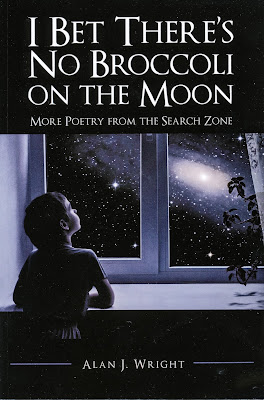Assisting Young Writers To Create Effective Titles
Inexperienced writers don't usually afford titles of their written work much attention, investing little time thinking about or choosing a title. They are often viewed by young writers as labels or unimaginative cliches, rather than titles.
For this reason I would suggest a study of book titles across a range of genres is well worth the investment in time.
As a writer, I have come to appreciate the important role titles play in any written piece. The title is a critical part of marketing appeal and for that reason publishers and writers take a lot of care with the choice of their titles.
I once spent almost two months pondering the title for a poetry anthology I had written. All the poems were in place, but a suitable title was proving somewhat elusive. I rejected many potential titles before eventually choosing one I believed was a bit quirky and had some appeal to a reader's curiosity. I considered this a worthwhile investment in time.
Some might say it was an excessive amount of time to spend on finding a title, but in the end I felt most pleased with my choice. It was a deliberate, considered choice.
A writer has to consider what may appeal to a reader as well as what type of readers might actually read the writing. This leads to more considered thinking about the title. The title needs to get their attention. It has to 'catch' them.
Think about those few chosen words on the cover of a book. They must work with the cover illustration to entice a potential reader to pick up said published item so the reader hopefully delves deeper. A catchy title whets the reader's appetite. It acts as a provocation for the reader.
Sometimes the writer may commence a writing project with a loose working title and discover a more appropriate title within the act of writing. Sometimes the title emerges after the writing is completed, when the writer reflects more fully upon the entire written work.
For this reason, it is well worth the time and effort to investigate, or study, title choices across a range of genres with young writers. Such a study will draw attention to the need to craft titles with greater care moving forward. A preliminary discussion around titles might begin with questions similar to the following:
How do writers develop effective titles?
Can you find some examples of catchy, memorable titles in our classroom library?
So, What Makes A Good Title?
It fits the whole of the writing piece
It's memorable. It lingers
It grabs attention
It provides a hint of what is to come
It arouses curiosity or is a bit mysterious
It's more impactful than a label
It's a strong combination of words that make a clear statement.
When we alert the developing writer to ways they can craft impactful, meaningful titles, where a few well chosen words can make their written work more appealing to a reader, they become further empowered as writers.








Comments
Post a Comment